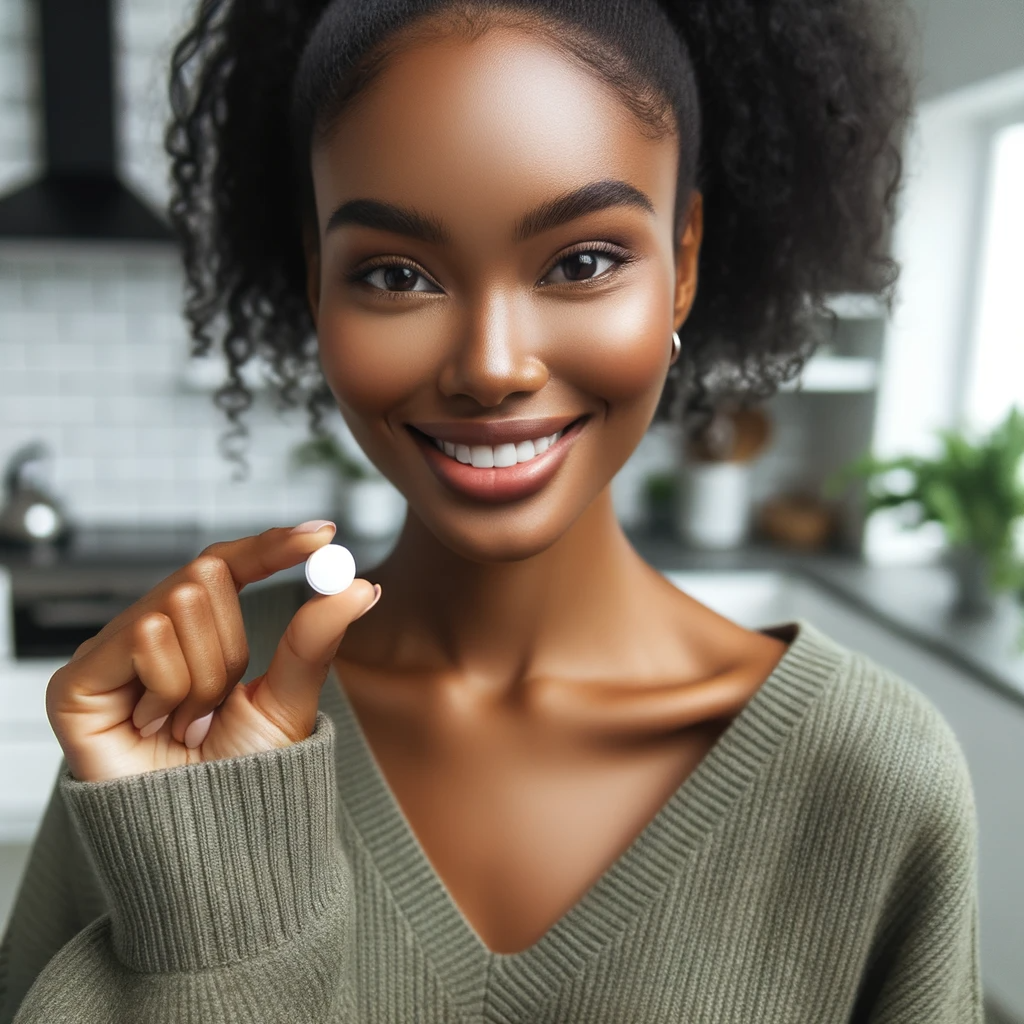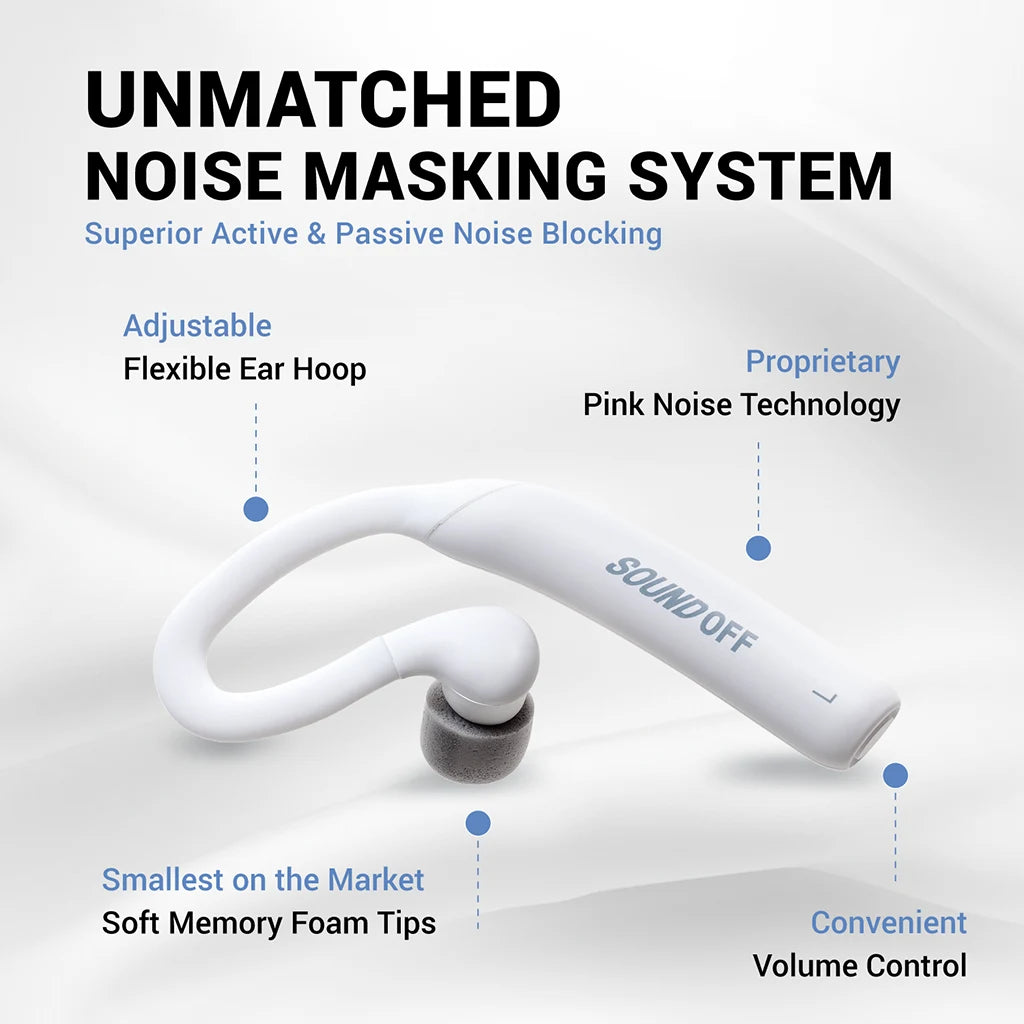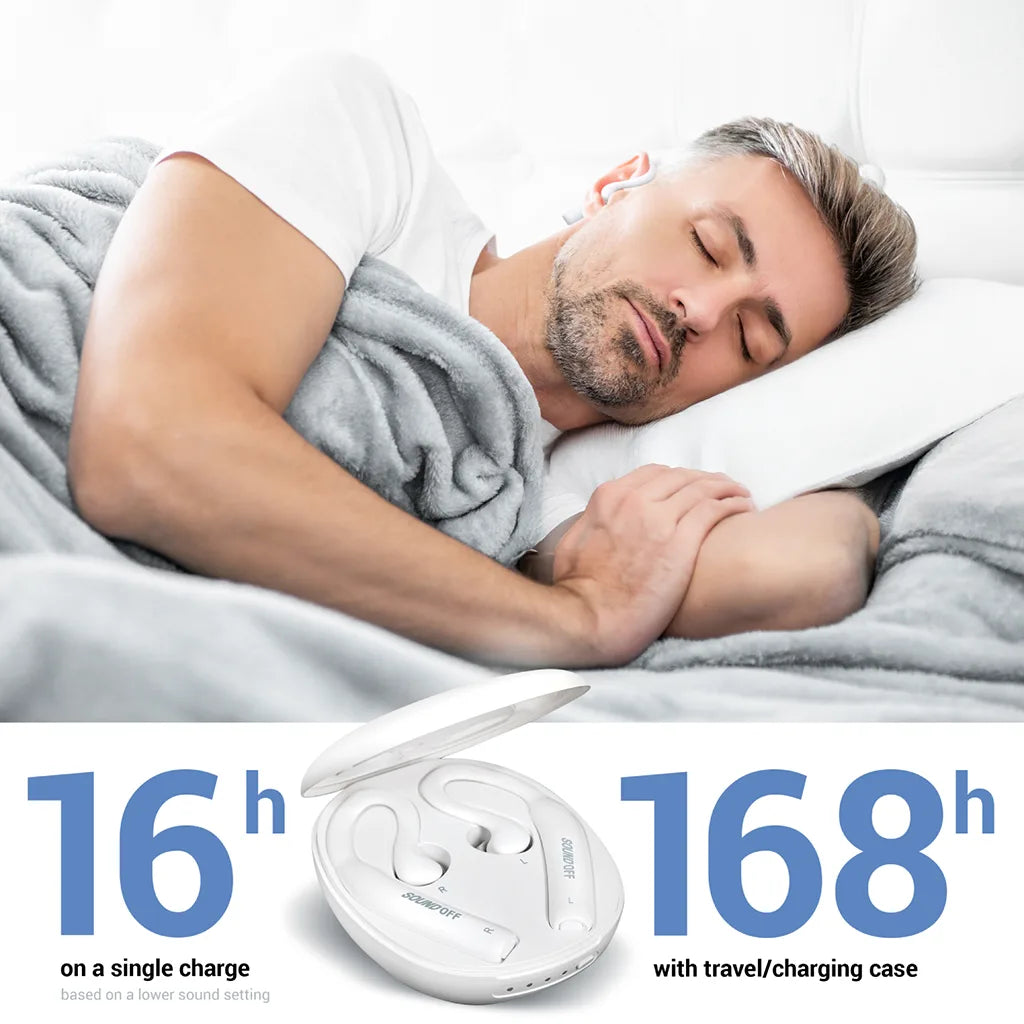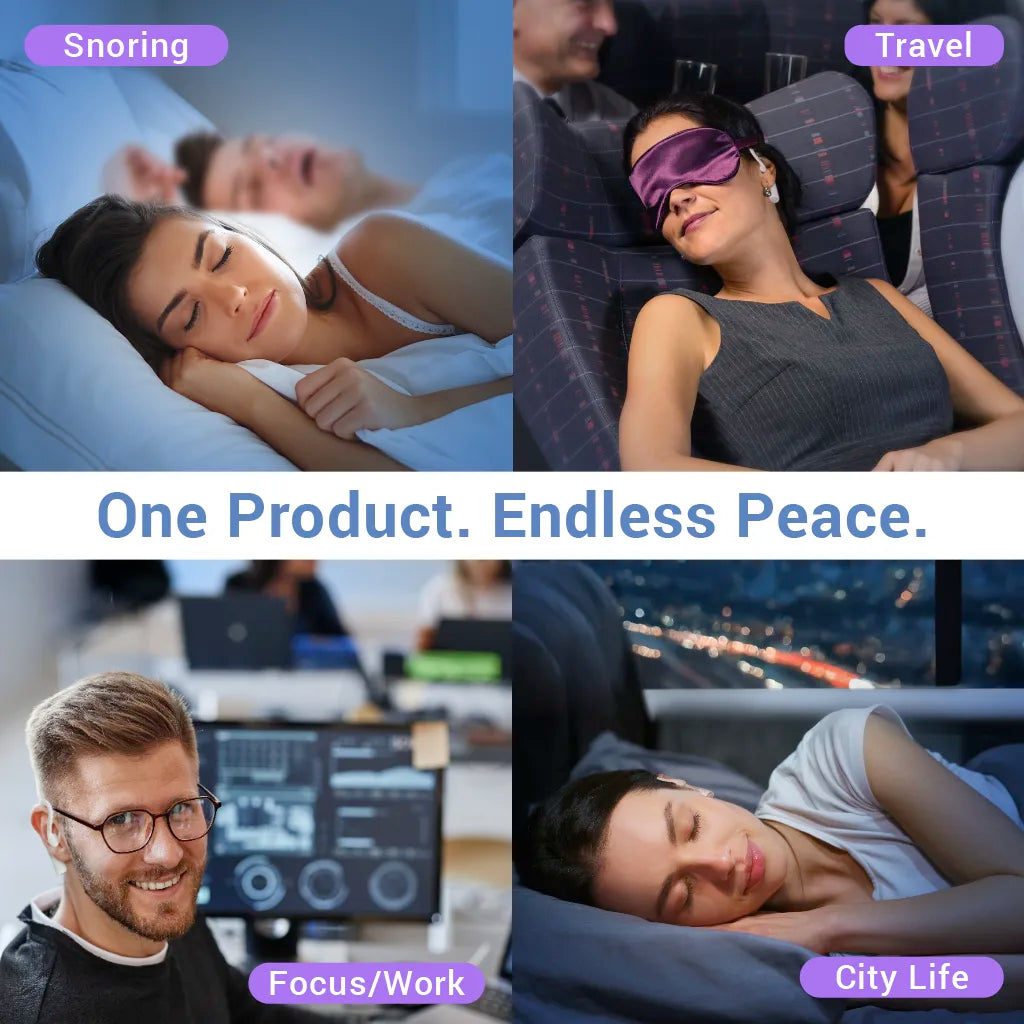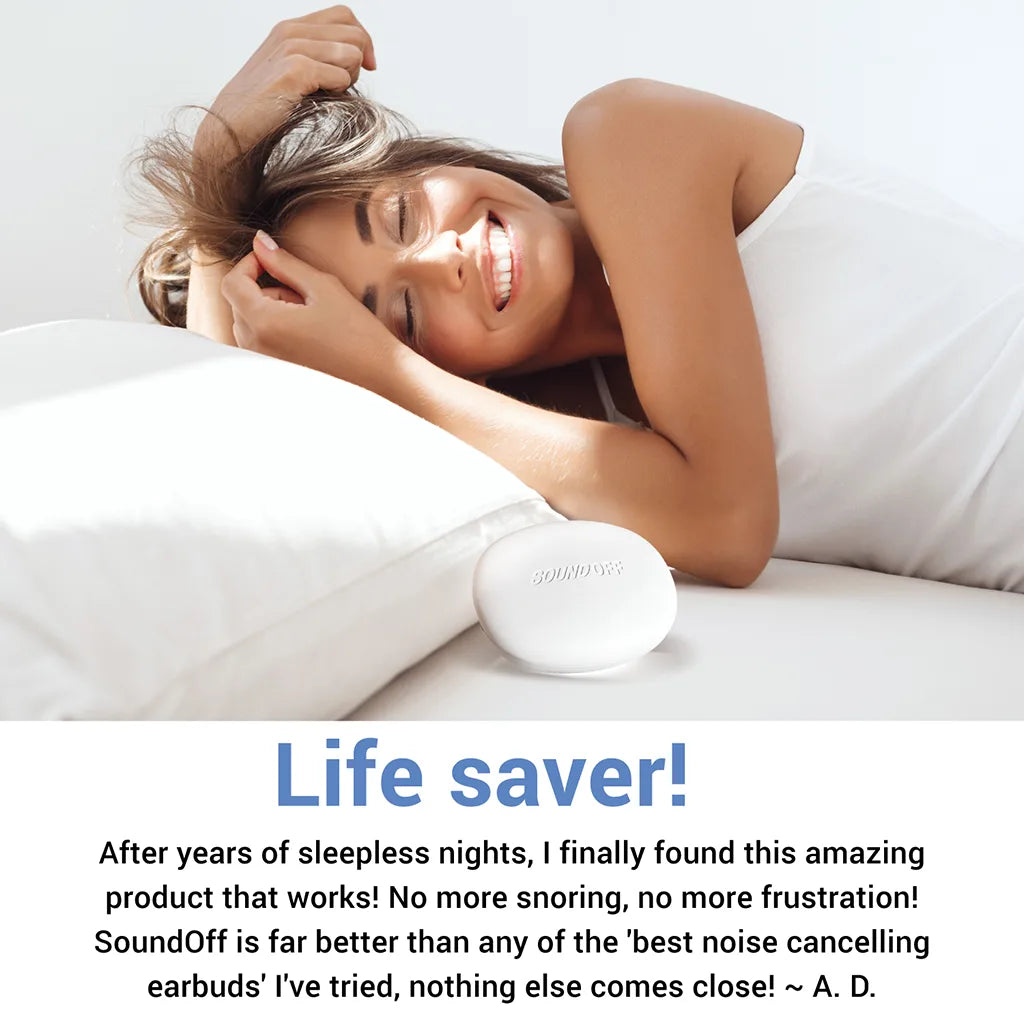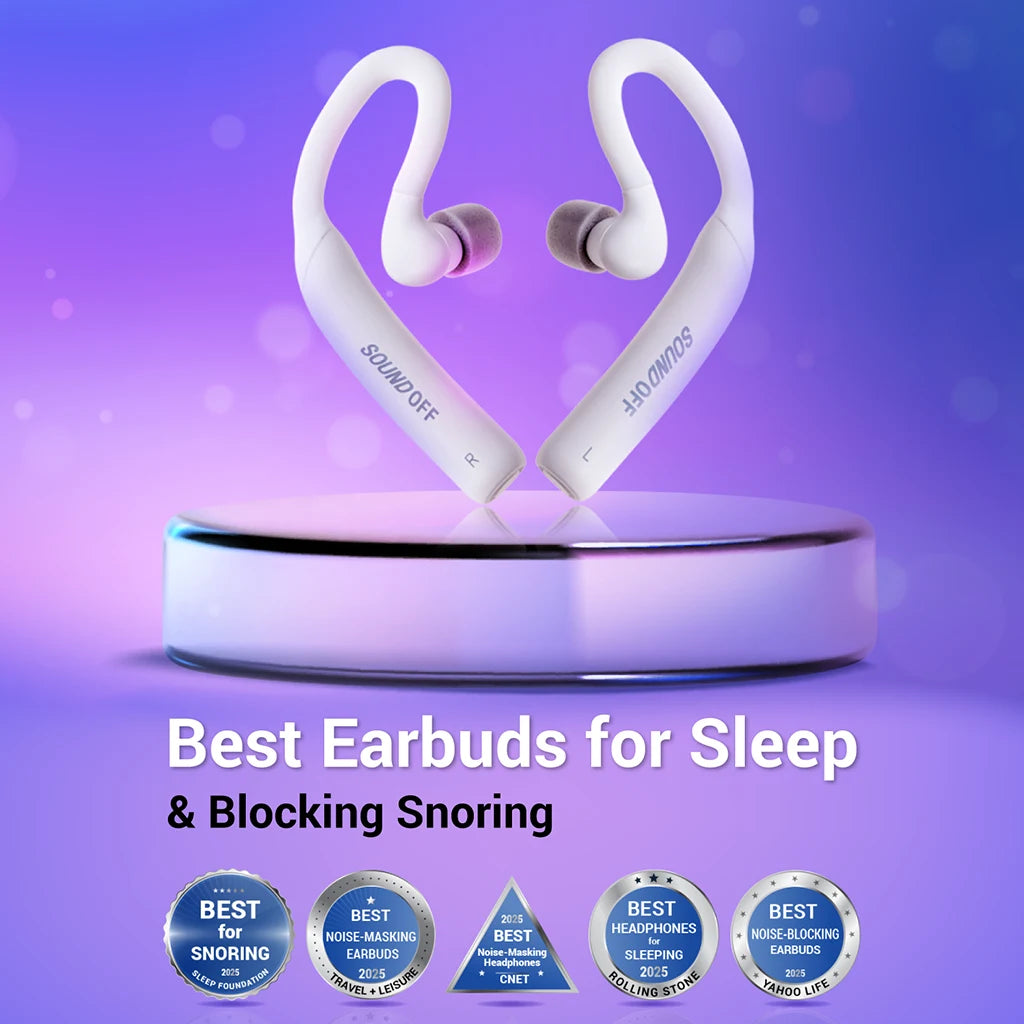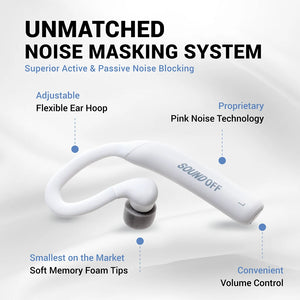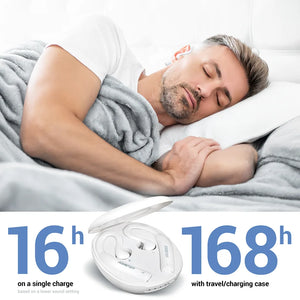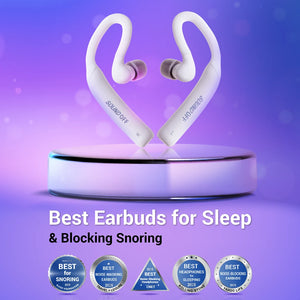
Five Ways to Beat Insomnia
Last we met, we began to explore chronotypes and noted, while some types typically sleep well naturally—others struggle to get the rest they need. In future blogs we’ll look closer at each of the archetypes and provide more sleep tips. But today, we’re going to address five ways to beat Insomnia—because no one, regardless of what chronotype they may be, has immunity from sleep disorders.
Disordered sleep is unfortunately not uncommon. In fact, roughly 70 million Americans are affected by sleep disorders each year. 33% to 50% of the adult population report symptoms of Insomnia. And 10% to 15% of adults experience Chronic Insomnia which can cause distress and impairment.
What is Insomnia?
Insomnia is characterized by sleep onset and waking difficulties. Someone experiencing Insomnia may struggle to fall asleep, have frequent sleep interruptions during the night and/or wake up earlier than desired. The symptoms, in many cases, are short-term—usually caused by stress and lasting a few days to a few weeks. Or, in other cases, may be chronic (occurring at least three times per week and lasting at least 3 months.)
Insomnia is frustrating, draining, and left untreated may become a serious health issue. Any or all of these behaviors may signal you are experiencing Insomnia:
- You’re feeling fatigued on awakening and continue to have low energy during the day
- Concentrating is difficult and your memory just isn’t what it used to be
- Your feathers are always ruffled, you’re prone to be anxious, and may be depressed
- Everything—not just getting out of bed---is a struggle… getting things done… getting along with others…
Understanding why you aren’t sleeping will help you tackle and beat your Insomnia so you can finally get the sleep you need.
Un-managed Insomnia
Short-term insomnia often corrects itself but if your condition is chronic your health provider will probably recommend either Cognitive Behavioral Therapy (CBT,) or medication. If left untreated, the poor sleep/lack of sleep caused by Insomnia may contribute to chronic health illness and/or injury. Here are some of the most common issues caused by chronic sleep loss:
- Diabetes and heart disease
- Weight gain or obesity
- Mood disorders
- Workplace accidents, driving accidents, falls or other injuries
What causes Insomnia?
A host of physical, mental, environmental and lifestyle triggers can lead to Insomnia. These include but are not limited to:
- Age-related sleep cycle changes
- Anxiety, depression and other mental health conditions
- Blue light interference
- Chronic disease or chronic pain
- Digestive issues
- Distressing life events
- Habits
- EMF sensitivity
- Fluctuating hormones in women
- Lack of exercise
- Medications and controlled substances
- Neurological disorders
- Noise
- Sleep apnea
- Vitamin deficiency
As we go through these five different ways to beat Insomnia, you’ll notice a common theme. Let it penetrate and resonate because it is key to solving your sleeping problems.
A consistent wake up time keeps your body's melatonin production on schedule.

5 Ways to Start Beating Your Insomnia
1. Be Consistent with Your Sleep
Maintaining a consistent sleep schedule is critical to fixing your sleep. If you’ve been exploring your chronotype you’re already on your way to knowing the best time to go to bed and the best time to get up in the morning based on your personal chronobiology. Establishing a regular wind-down routine and sticking to it every day—even on weekends, will help to sync your circadian rhythm.
Make sure you build in 7—9 hours of sleep time per night. And remember to work with your geographical clock if possible. Most important, though, is consistency and getting the right number of hours for your body.
Incompatible schedules?
Everyone’s needs are different so if, for instance, there’s a lion and a wolf living under the same roof, there will need to be some give and take. Some consideration, and cooperation will help ensure everyone’s needs are met. Whatever you do, don’t try to set your clock to someone else’s opposing schedule.

Eating 2 kiwifruit an hour before bed can help you fall asleep faster and stay asleep longer.
2. Eat Better to Beat Insomnia
According to a 2019 study, diets high in refined carbs (white bread, cookies, soda…) contribute to the likelihood you’ll develop Insomnia by causing a rapid spike in blood sugar which then interrupts sleep. Watching which foods and beverages you consume before bed—and adding sleep-promoting foods, can vastly improve your sleep quality.
Caffeine, we know, is a primary offender and can be found in energy drinks, some non-cola sodas, chocolate and cocoa products—not just coffees and teas.
Quick Food Re-set
Johns Hopkins offers 3 Simple Diet Tweaks for better sleep. You can also try adding some sleep-promoting foods to your diet and incorporating them regularly. Here’s what you should eat instead of refined carbs and sugar-sweetened treats:
- Almonds—High doses of melatonin and good fats
- Barley grass powder—GABA, calcium, tryptophan, zinc
- Fatty fish—Potassium, magnesium, zinc, vitamin B-12, folate
- Kiwifruit—Calcium, folate, melatonin, potassium, magnesium
- Tart cherries—High fiber, vitamins C and E
- Walnuts—Melatonin, serotonin, potassium and magnesium
- Warm Milk—Tryptophan, calcium, vitamin D and melatonin
Are you eating at the right times?
If the usual exercise routines aren't your thing, get outside for daily walks with your buddy.

3. Exercise to Beat Insomnia
Exercise helps improve sleep time and sleep quality. This is true even with a single exercise effort, but of course it’s most effective for improving sleep cycles when one exercises regularly. Aerobic exercise in particular—which may be something as easy as walking—helps us get more efficient sleep.
If you’re not exercising (and no chronotypes get a pass on exercise) check to see which periods during the day will give you the best results for your archetype—then get moving! Get your exercise outside when you can to make sure you’re soaking up some sleep-boosting vitamin D from the sun.
Can’t motivate yourself to exercise?
Get a pet. I’m always amazed to see what people will do for their pets that they won’t do for themselves. Don’t want the responsibility of a dog? Offer to walk someone else’s—someone who works during the day, maybe. And maybe re-think getting a pet—they’re great company and help to relieve anxiety.

Peaceful social interactions foster a feeling of connectedness which helps alleviate stress and depression.
4. Get social for Better Sleep
Dr. Emma Seppala, in her book “The Happiness Track,” describes how being socially connected generates a positive feedback loop of social, emotional and physical well-being.” Feeling ‘connected’ helps reduce stress and fosters more productive relationships. How many times have you lain awake thinking about an argument or fractured friendship?
Folks who experience healthy connectedness have lower levels of anxiety and depression—both of which are known to cause Insomnia.
Feeling disconnected?
Reach out and touch someone—make a new acquaintance—bury the hatchet with an old one. Join a new group. Or, if you’re not doing it yet, try volunteering—it’s good for the soul.
Relaxation rituals help relax body and mind so it's easier to drift off to sleep.

5. Relax to beat Insomnia
There are a number of healthy ways to relax so you can start getting the sleep you need. Incorporating a nightly relaxation ritual is the best way to keep you on track. In earlier posts, we’ve covered pre-bed stretching, aromatherapy, tea rituals, and the #1 Way to Relax. These relaxation rituals de-stress your body and calm your mind—making it easier to drift off to sleep. When you do them regularly, you will also be able to see their benefits during the day.
You’ll feel better rested, of course—but you’ll also notice your muscles feel less tight, your mind feels less chaotic, and you’ll feel more like interacting with others.
Best Tip for Relaxing? Get yourself a pair of Brain-Calming SoundOff sleep earbuds. Our soothing pink noise will relax you to sleep in no time--and keep you sleeping soundly all night!
Professional advice:
The Sleep Doctor (Dr Michael Breus) recommends Meditation to help you beat Insomnia. His article How to Meditate Before Bed offers advice on why and how to use meditation to improve your sleep.
Lifehack.org offers advice on changing your habits, “Habits arise through a process of triggering, actions, and rewards. A circumstance triggers an action and when you obtain a reward for doing something, you keep doing it.” - Lifehacks
Beating your Insomnia is certainly a reward worth earning—take action to change your habits and start getting better sleep now!
Struggling and feeling overwhelmed?
If you’ve been working to overcome your Insomnia and aren’t seeing progress, it can be overwhelming—you don’t have to do it alone. Sleep is vital to your health and there are specialists who can work with you to improve your sleep.
Consider these Resources:
Dr. Breus has a DIY Sleep Program to help you achieve better sleep results at home--or check out
the American Academy of Sleep Medicine to find an accredited sleep center near you.
Re-capping 5 Ways to Beat Insomnia
- Be consistent in all your efforts to improve your sleep
- Eat with mindfulness to support healthier sleep
- Exercise regularly – outdoors when you can
- Make an effort to be more socially connected
- Relax. Relax. Relax.
Until next time...
wishing you a perfect night’s sleep… every night.


